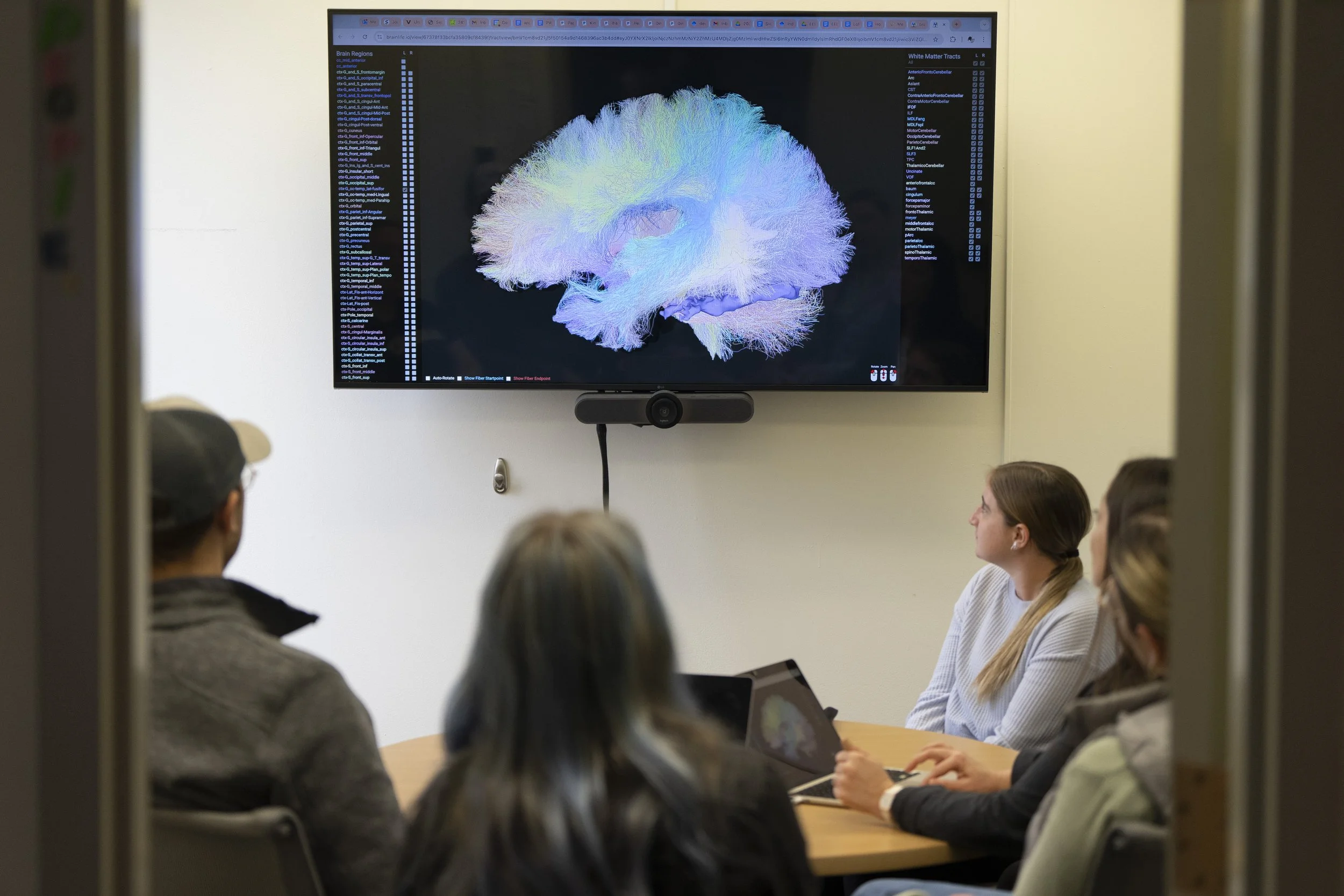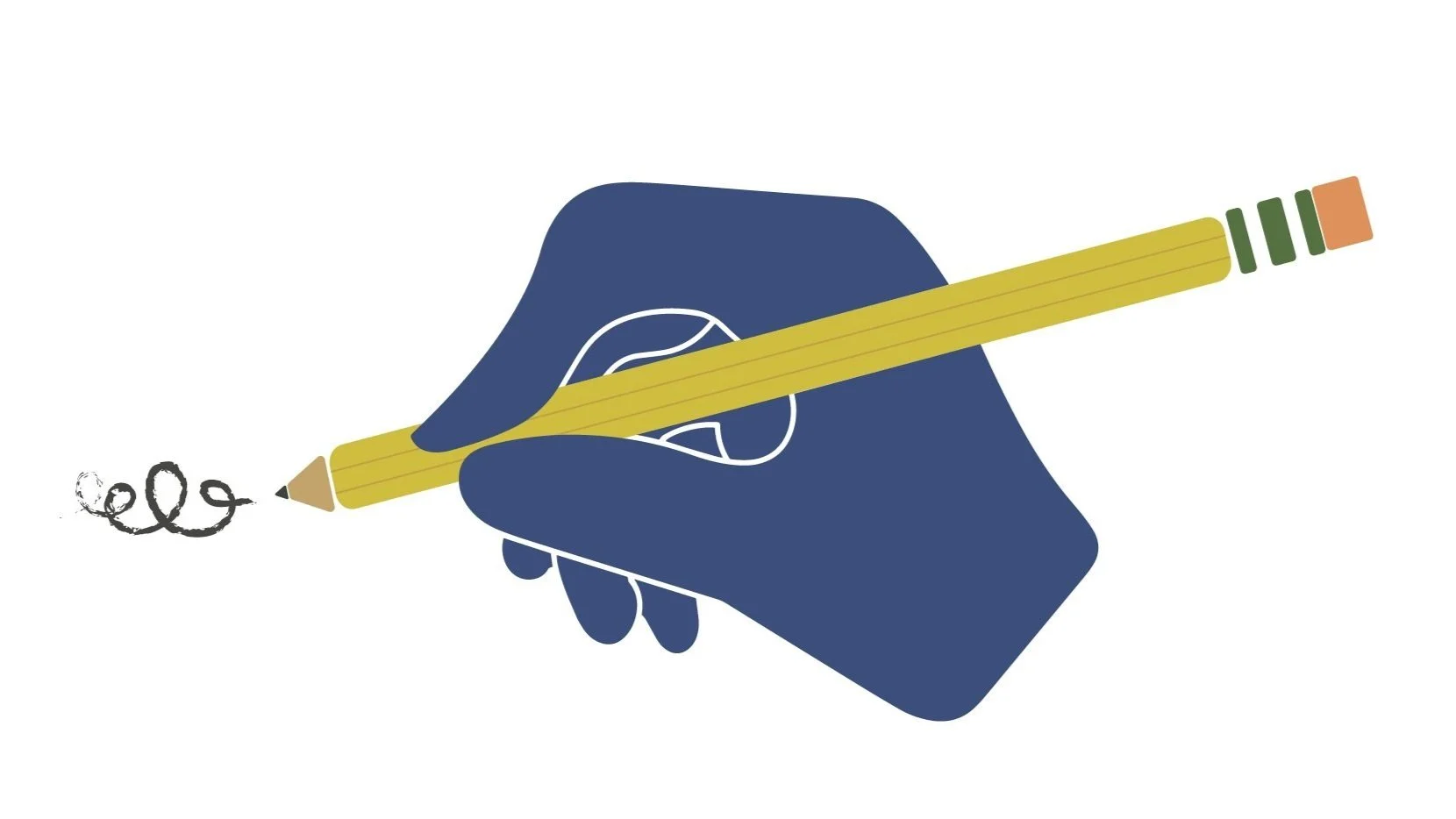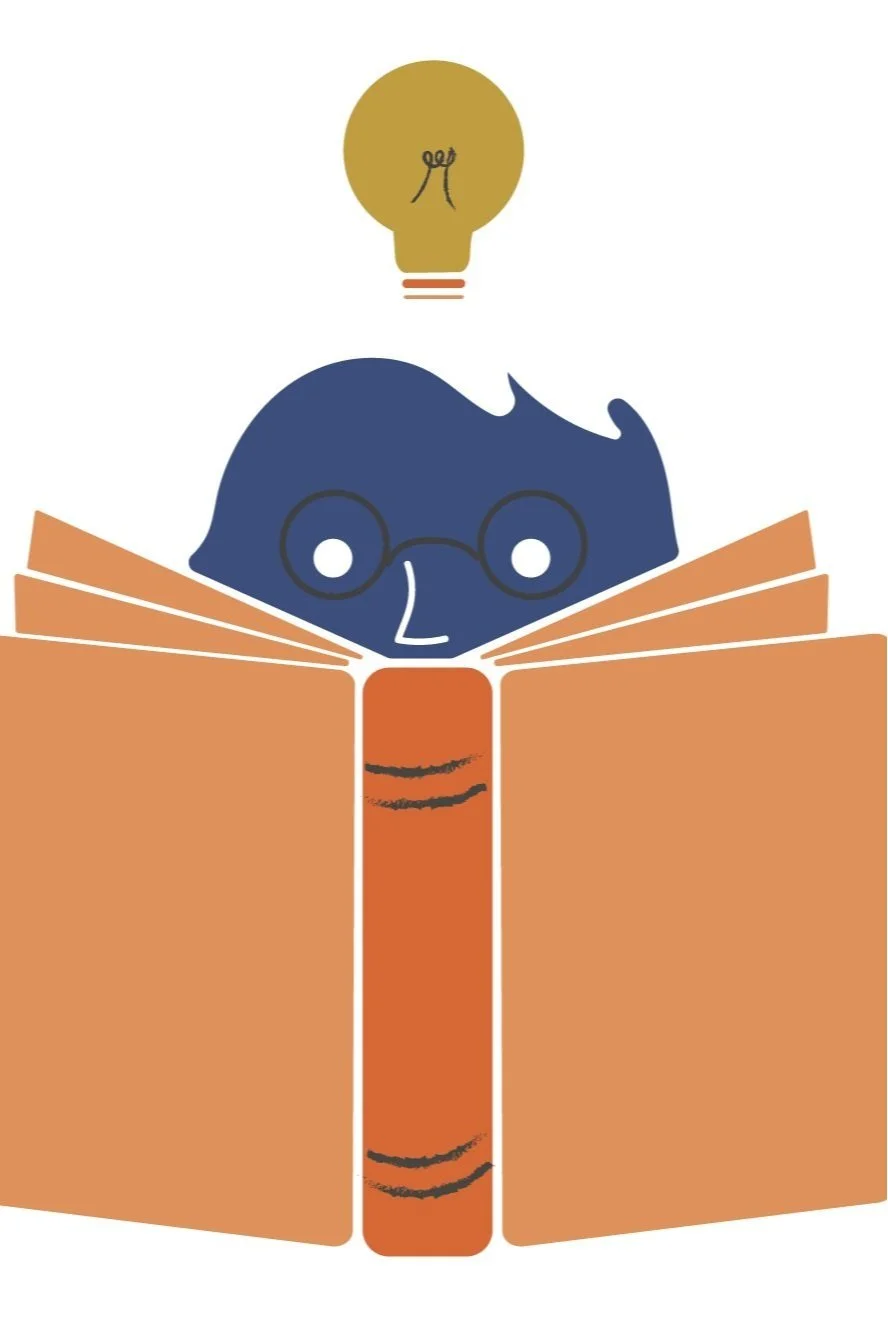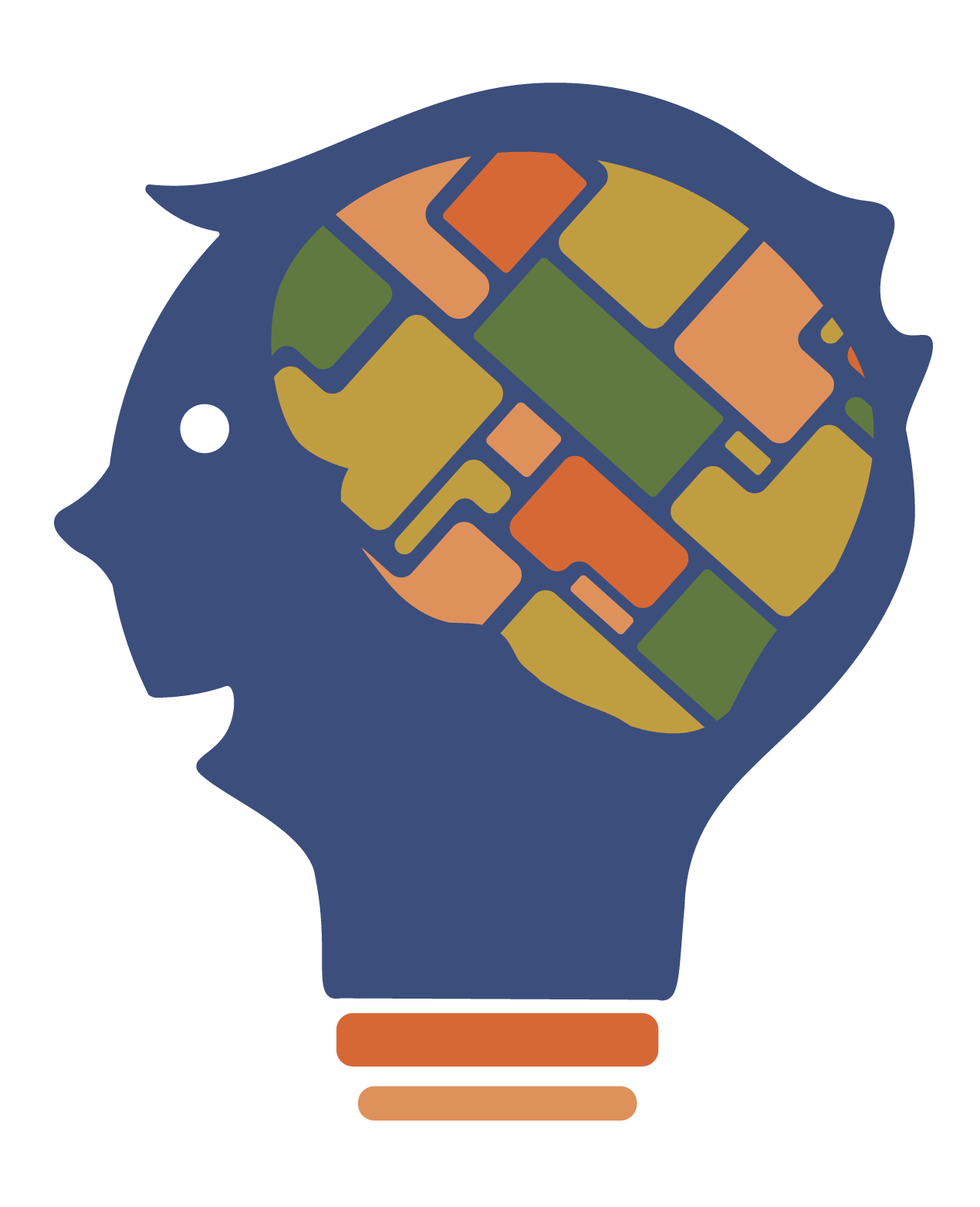At LANDLAB we’re uncovering the mechanisms through which experience affects future learning.
Learning Starts Early.
Early childhood experiences scaffold future learning and affect long-term educational outcomes. A major focus of work in the lab is on the impact of sensorimotor learning experiences on foundational literacy skills that impact major life outcomes.
Learning occurs over multiple timescales: sometimes learning takes a lifetime and sometimes it just takes one time. We use multi-visit studies to capture the process of learning at different timescales.
Learning in early childhood is different from learning in adulthood.
Learning Takes Time.
-
Magnetic resonance imaging (MRI) is a non-invasive way to get clear pictures of things inside the body (such as the brain!). It is used routinely in both clinical and research settings because it generates such clear and helpful images with vanishingly low risk. MRI uses magnetic fields to take pictures that can tell us not only about brain anatomy but also about how the brain functions during tasks, such as reading.
-
Yes! MRI has been shown to be extremely safe for adults, children, and infants, as long as the proper precautions are taken. Precautions must be taken to ensure no metal enters the scanning area. Because MRI uses magnetic fields, metal objects might move suddenly towards the center of the magnet. Careful screening prevents any metal objects entering the magnet area.
Additionally, the MRI procedure produces no pain and causes no short-term or long-term tissue damage of any kind.
-
Functional MRI (fMRI) uses exactly the same magnet as regular MRI. The only difference is that during a functional scan, the MR scanner and computer take scans or ‘pictures’ of the brain over time. If, at one time a subject is doing something different than a later time, the two scans will be different.
fMRI measures blood oxygenation as an approximate measure of brain activity. When a part of the brain is active, the cells in that region need more oxygen to function, which results in an increase in blood flow to that area. We can use the change in blood oxygenation to generate a map of brain areas that are active during the task to help us better understand how the brain is related to that task
Learning Takes Work.
LANDLAB relies heavily on functional and anatomical MRI methodologies to assess brain changes associated with development and learning. We seek to understand how the brain supports learning throughout the lifespan.
Recent LAND Lab News
LANDLAB is made up of an engaging and dedicated group of undergraduate and graduate researchers interested in the brain in learning and development.
If you’d like to stay up to date on LANDLAB programs and research, submit your email below.




